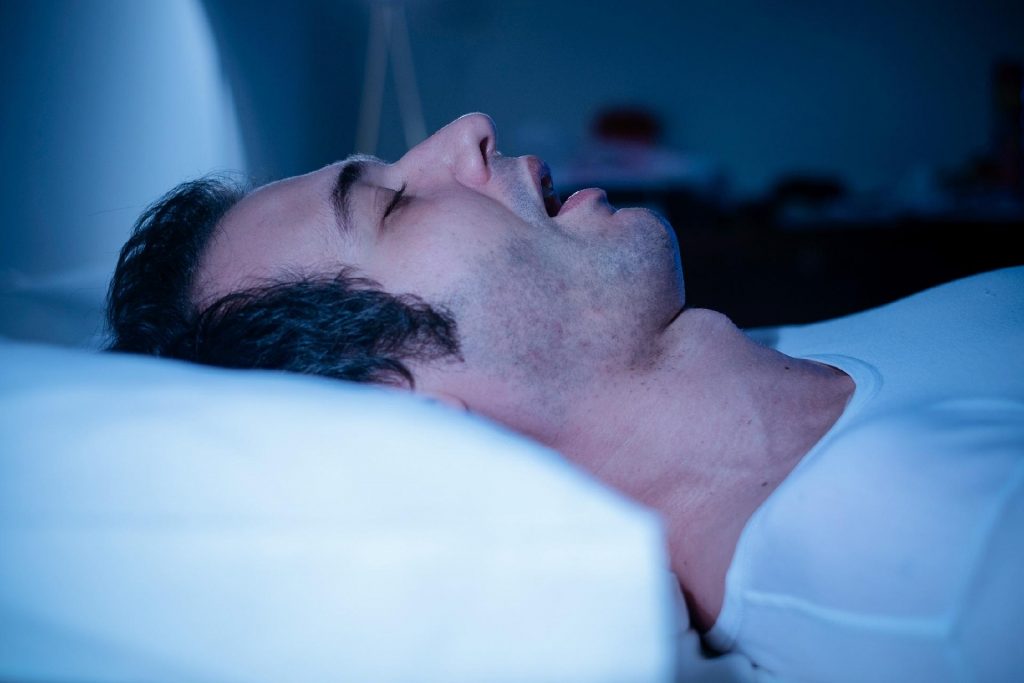This is an initiative of the World Association of Sleep Medicine, which is celebrated annually in about 75 countries and which draws attention to the importance of regular daily sleep.
The purpose of this day is to celebrate regular sleep and reduce problems such as sleep deprivation. Sleep deprivation has a big impact on people's health and well-being. Those who sleep poorly are more likely to develop diseases such as obesity, hypertension, diabetes, cancer, Alzheimer's, cardiovascular and psychiatric diseases.
Not sleeping causes people to make lapses, such as forgetfulness or distractions. This problem affects reasoning, concentration and memorization. Irritability and mood swings are also observable in people who sleep poorly.
How important is sleep?
Sleeping well is the best medicine to recover energy and keep the body healthy. A study published in the Journal of Neuroscience highlights that even for adults, sleeping between seven and eight hours a night improves levels of concentration, planning, memory and hormonal balance. On the other hand, the same research reports that neglecting the act of sleeping causes cognitive deficits and emotional instability.
Diseases that disturb sleep
In addition to bad lifestyle habits that can disrupt your sleep, there are some illnesses that can also affect you.
Insomnia is the most common disorder, estimated to affect 20% in Portuguese. Another most common disorder is sleep apnea.
Insomnia
It is the lack of sleep, being a disorder that tends to worsen with age. It can manifest in three ways: difficulty in initiating sleep, maintaining it or shortening its duration.


sleep apnea
It's a silence in which you stop breathing for a few seconds. The episodes are very recurrent being responsible for forced awakening, which means that the body cannot rest properly.
Strategies for better sleep
Bad sleep habits are mainly responsible for a decrease in overall health. The strategies to get better sleep are:
- Establish a regular bedtime and wake up time;
- If you are in the habit of taking naps, do not exceed 45 minutes of sleep during the day;
- Avoid excessive alcohol intake four hours before bedtime, and do not smoke;
- Avoid caffeine consumption six hours before bed. This includes coffee, tea, soft drinks and chocolate;
- Avoid heavy, spicy meals or desserts four hours before bedtime; Opt for a light meal at dinner time;
- Avoid physical exercise up to four hours before bedtime;
- Use comfortable bedding;
- Keep the room in good condition for rest: adequate temperature, low light, no noise and well ventilated;
- Use the bedroom only for sleeping, avoid using it for work.
![[:pt]clínica cura pura](https://curapura.pt/wp-content/uploads/2017/10/logo-footer2.png)




